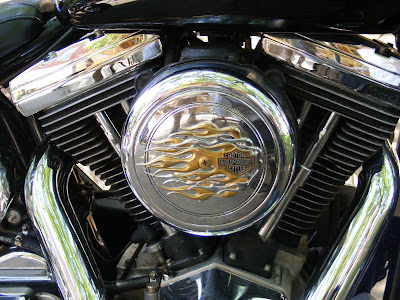
We interrupt our holiday schedule for some gritty realism. Because, honestly, as much as I love sparkly lights, I need a refreshing dose of black and white to cleanse my photographer's palate.
So here's a closeup of the industrial end of the Old City. The White Lily Food Company's flour mill and plant has been in Knoxville since 1883. This was its most recent incarnation.
Did you notice that I used the past tense? Sigh.
The J.M. Smucker company bought out the White Lily brand and closed the venerable Knoxville plant in June of 2008, laying off all the plant employees.
What's a Southern baker to do? White Lily Flour was the secret to those lighter-than-air Southern biscuits. Sold almost exclusively in the South, White Lily's secret was in the wheat: a lighter, low-protein, low-gluten red winter wheat grown in the South. The softness of the flour was perfect for biscuits, cakes, and pie crusts, but less effective for yeast breads which need higher protein content to succeed. Low protein flours absorb less liquid, resulting in lighter biscuits. Biscuits made with higher protein flours, which absorb lots of liquid, will have the density of hockey pucks. Hockey is popular in the North, but hockey puck biscuits less so.
Smucker swears that the process to make White Lily at its Midwestern plants will be the same, but some local bakers contend that the wheat was milled to a finer consistency at the Knoxville plant. We still have Martha White Flour made from Southern wheat, but many long time bakers still think White Lily was the top of the line and lament its passing.
 I took this shot on a recent December hike at Ijams Nature Center, the beautiful park and wildlife sanctuary in South Knoxville, and one of my favorite places in East Tennessee.
I took this shot on a recent December hike at Ijams Nature Center, the beautiful park and wildlife sanctuary in South Knoxville, and one of my favorite places in East Tennessee.
















































